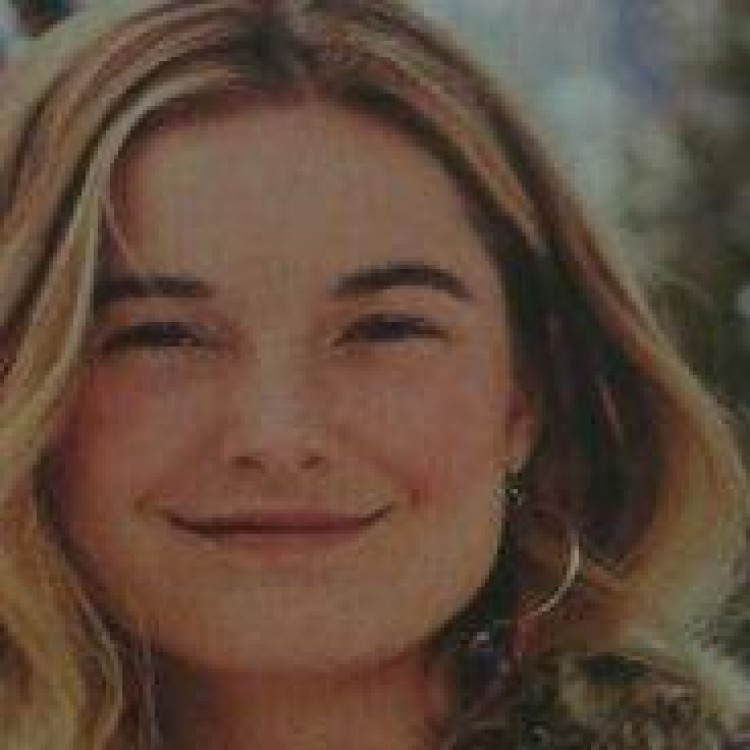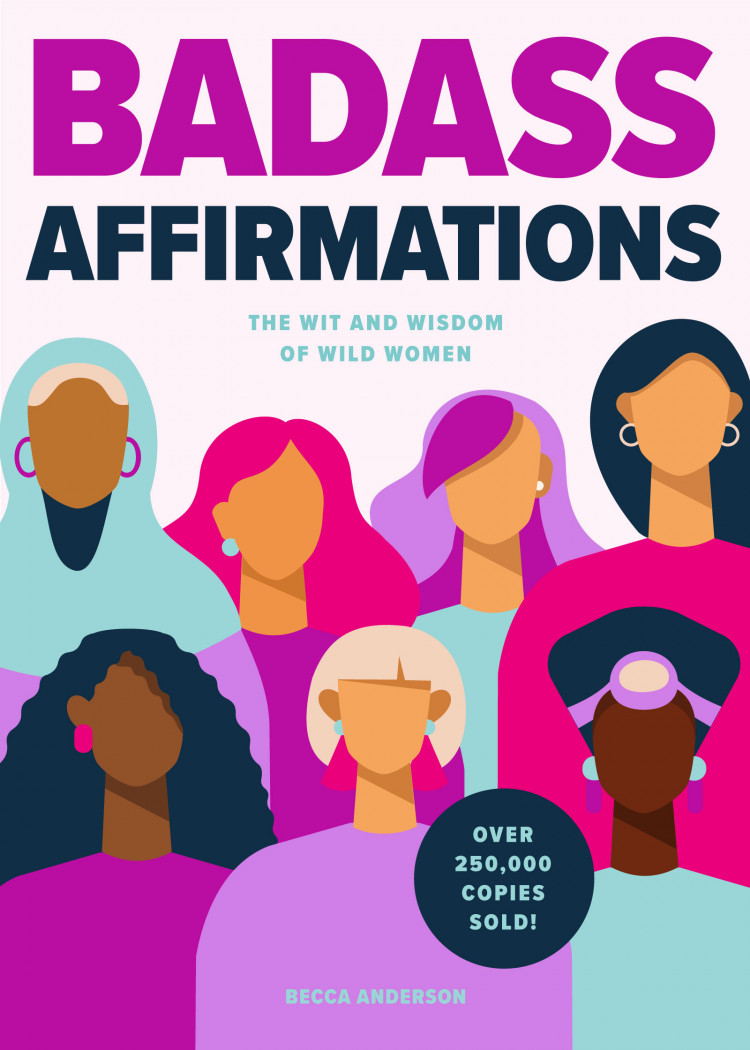Caroline Herschel’s childhood in Hanover, Germany, didn’t exactly prepare her to become one of the top two astronomers of her day! Born in 1750, her education didn’t extend beyond violin lessons, playing, and learning to do household chores. Indeed, though she longed for an education and her father wished her to be trained as her brothers were in French, mathematics, and music, her mother had other plans for her, insisting that Caroline become her domestic slave. At ten, she got typhus, which stunted her growth—she never grew taller than four foot three inches, which prompted her father to proclaim that she must prepare for a life as an old maid. When she was in her early twenties, her elder brother, William, moved to Bath, England, and took Caroline along to keep house for him. An accomplished musician, William took pity on Caroline and gave her voice lessons. Soon she was the most famous soprano in the area.
William also had a vocation, which he supported with his musician’s wages—he was an amateur astronomer, and Caroline ended up helping him around the observatory. Together, they scoured the heavens and later built telescopes to resell so they could build the equivalent of the Hubble of their day. Caroline became an expert in grinding and polishing the mirror they used to search the skies. William frequently traveled on business, and Caroline would fill in for him while he was gone. Soon visitors recognized her contributions, and King George III decreed that she should have a pension of fifty pounds. It was the first time a woman was recognized for her scientific contribution.
Then William discovered the planet Uranus, originally called Georgium Sidus, and soon he got the top gig as the Royal Astronomer. Meanwhile, Caroline was exploring on her own and went on to discover fourteen nebulae and eight comets. She also published a catalogue of 2,500 star clusters and nebula, as well as several other seminal astronomical references for which she received medals from England, Denmark, and Prussia. To discover the nebula, she had to teach herself mathematics; because she learned so late in life, she never was able to memorize the multiplication tables. She had to carry them around in her pocket.
She was one of the most famous women of her day. In 1828, when she was seventy-seven, the Astronomical Society awarded her its gold medal for her contributions to the celestial science. At eighty-five, she was elected with Mary Somerville as an honorary member of the Royal Astronomical Society, the first women to receive such an accolade.
“(I am) minding the heavens.”
— Caroline Herschel
This excerpt is from The Book of Awesome Women by Becca Anderson, which is available now through Amazon and Mango Media.
Original post here!



